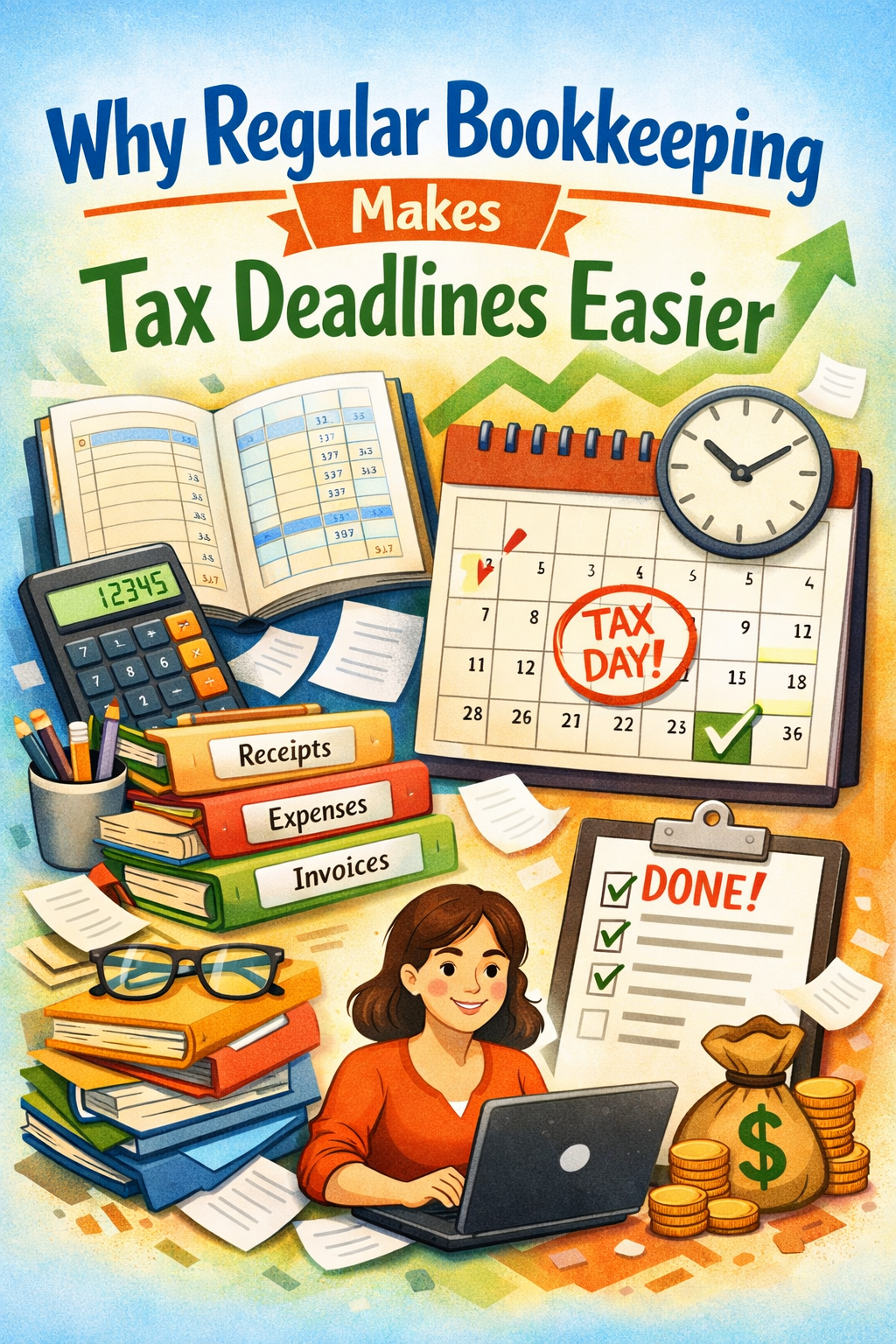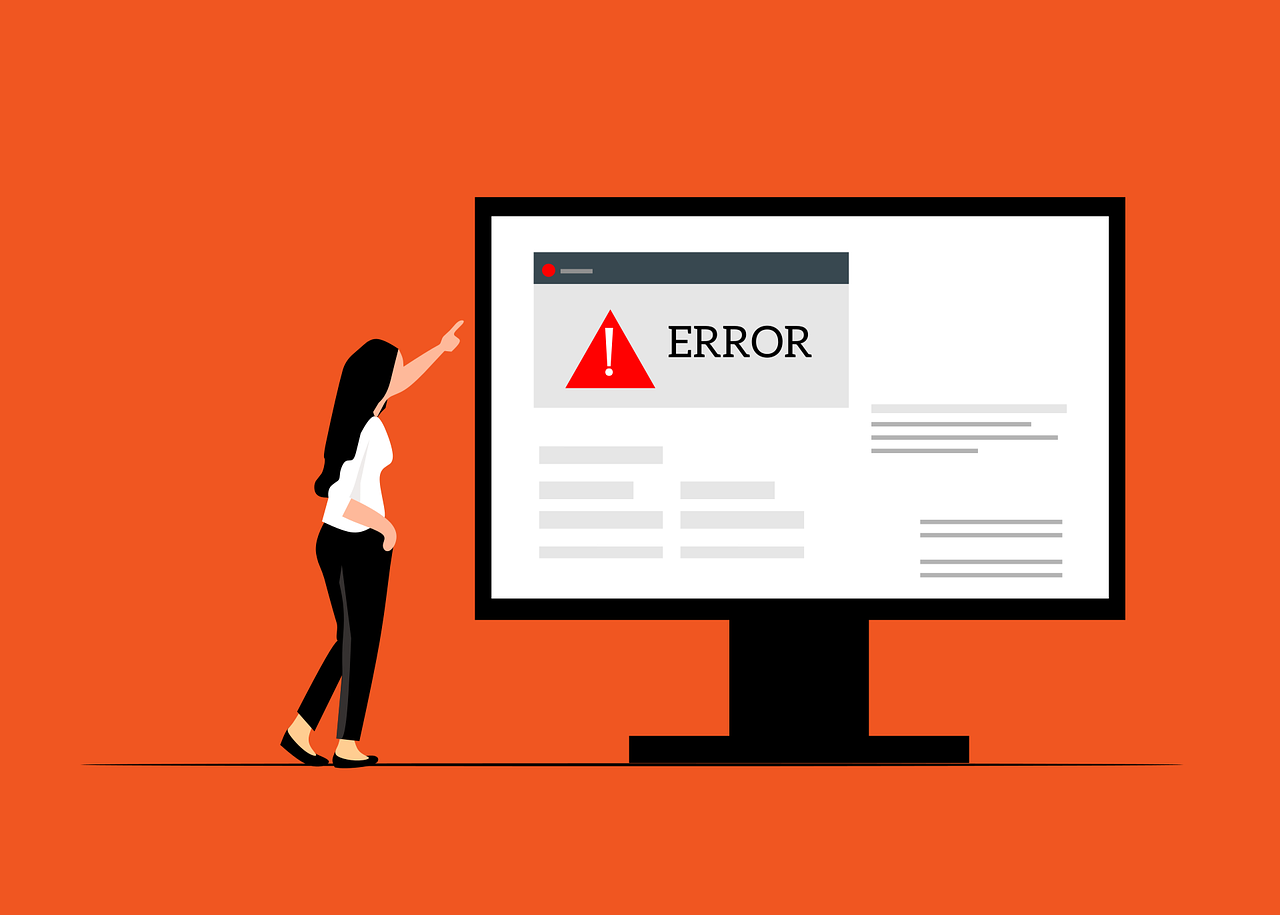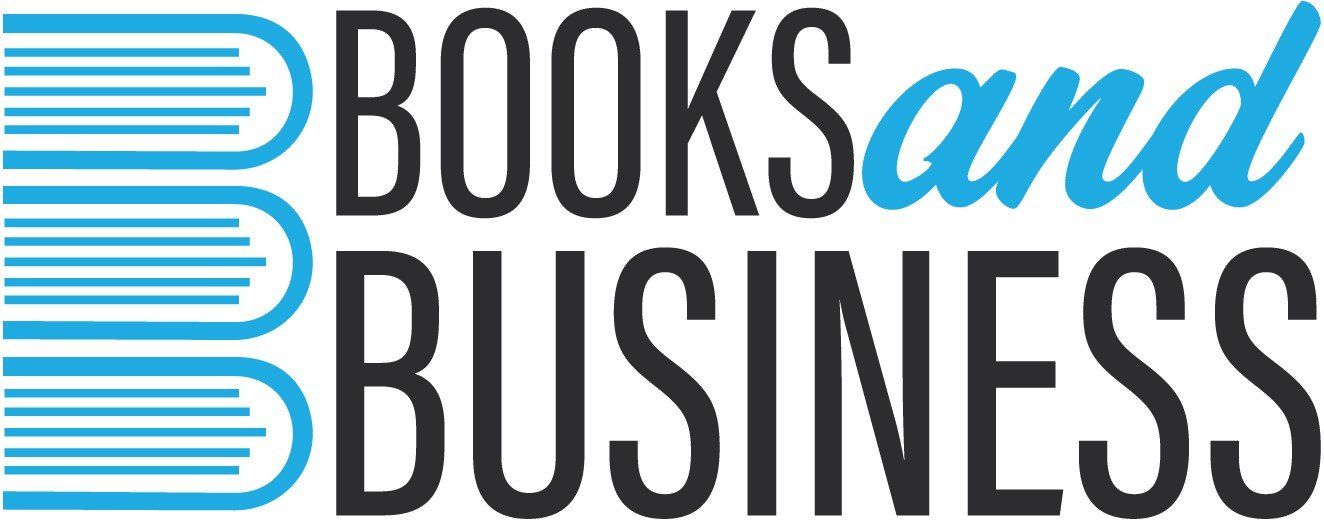Reminder: No Change to Tax Rules for Selling Personal Items on Online Marketplaces
Selling your used clothes or old furniture online? No need to worry about HMRC!
With the rise of online marketplaces, many people are taking the opportunity to sell unwanted personal items, such as used clothes or old furniture. Recently, there have been some rumors circulating that HMRC is cracking down on people who sell in this way, potentially classifying these sales as a side hustle.
However, we want to remind everyone that there has been no change in the tax rules for selling your personal possessions.
Key Points to Remember:
- Selling personal items like used clothes, old furniture, or household goods does not constitute a business activity. HMRC does not tax individuals on the sale of personal items as long as they are not sold with the intent to make a profit or operate as a business.
- HMRC is not classifying casual sellers as "side hustlers". If you’re simply getting rid of unwanted items, you don’t need to worry about being taxed on these transactions.
- Business vs. Personal Sales: The distinction lies in whether you are trading goods regularly with the aim of making a profit. If you’re selling your possessions to declutter or for other personal reasons, this is not considered a business, and no tax is due.
What Does Count as a Business?
If you’re buying items specifically to sell them for a profit, running a store, or regularly selling in bulk on online platforms, then you may be classed as trading. In this case, income from these activities may be taxable, and it’s important to keep accurate records.
But for most people just looking to sell their old clothes or used furniture, there’s no need to worry. HMRC is not clamping down on casual sellers, and you won’t be taxed on sales of personal possessions.
Stay informed and make sure you understand the rules—but rest assured, nothing has changed when it comes to selling your own personal items online.




